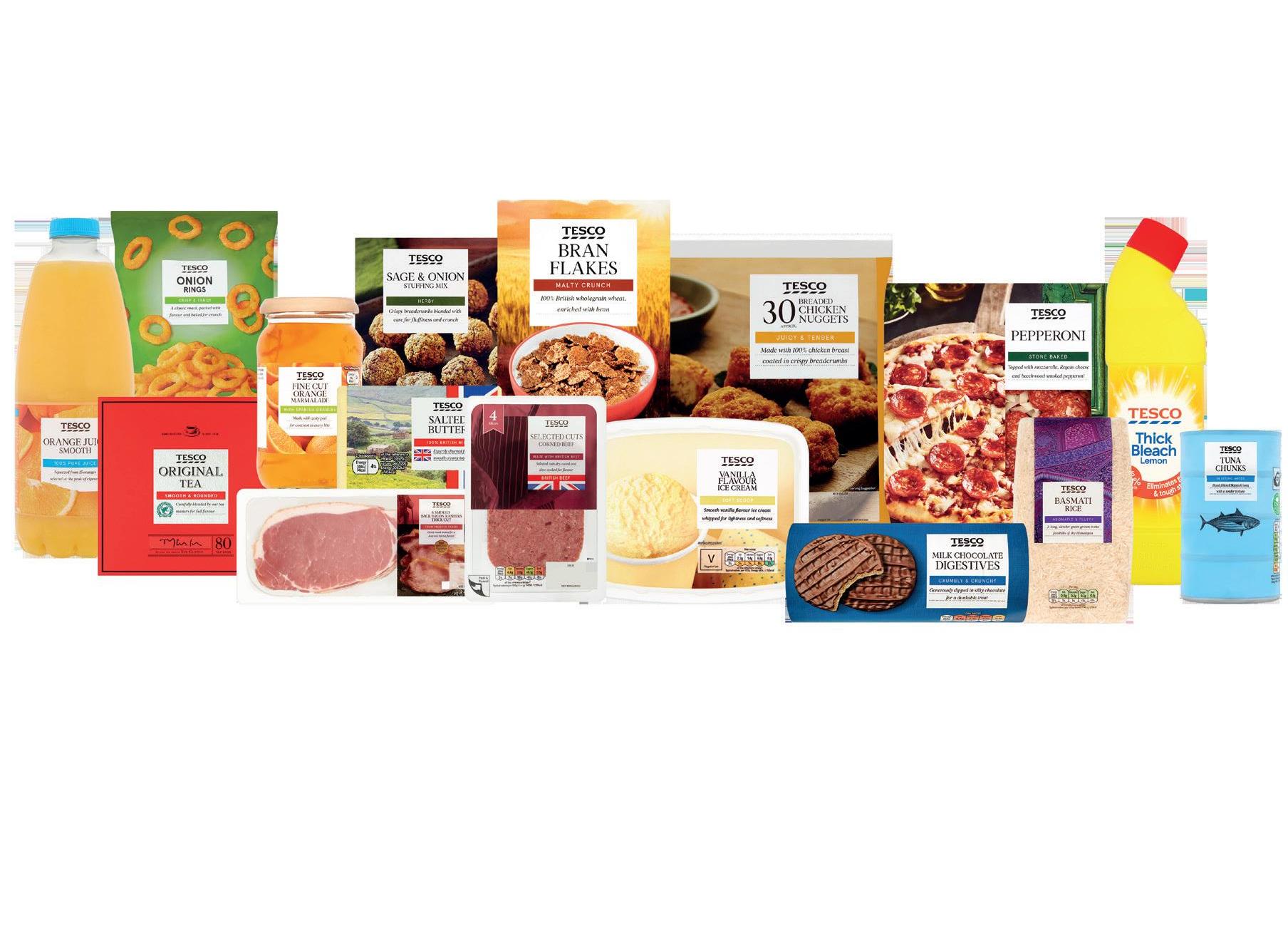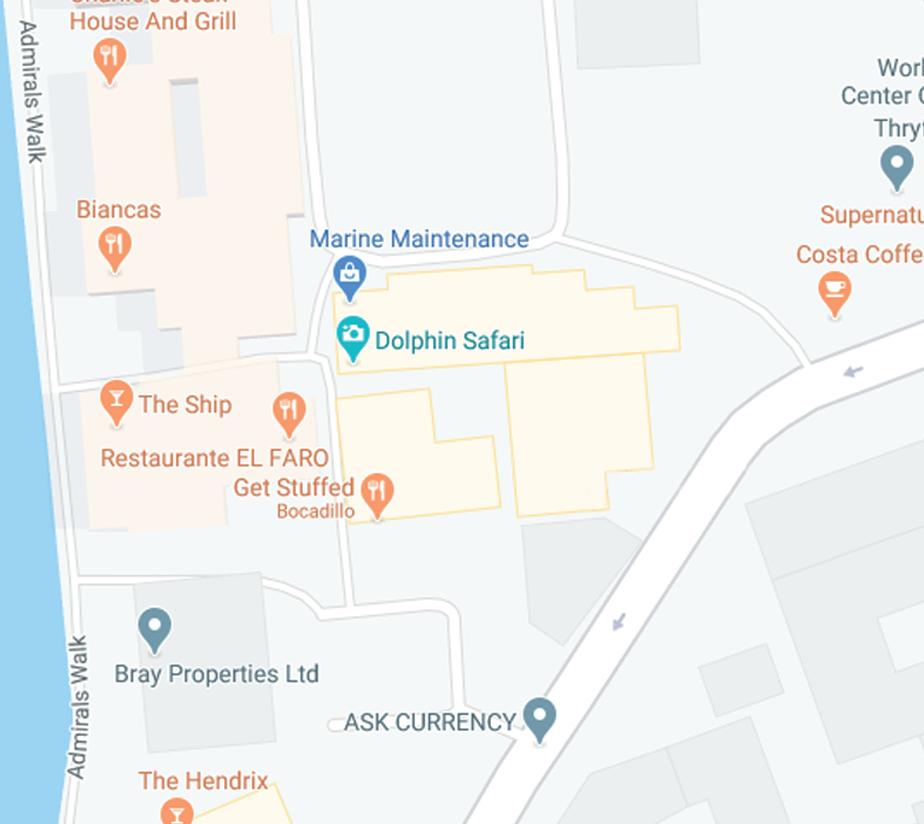
7 minute read
A Wicked Summer
A WICKED SUMMER Nolan Robba, who has adopted the stage name Nolan Edwards, is enjoying a slowerpaced summer this year away from London, the city which he has called home for the past seven years.
BY ALEX ORFILA
Nolan Robba was accepted into the prestigious performing arts school London
Studio Centre back in 2013 and his drive for success teamed with his demanding workload meant that even as a student, visits back home to Gibraltar - or more specifically La Caleta where his family is from - were always cut short. On his final show, when graduating from London Studio
Centre, he had already been scouted by an agent, which meant that roles soon followed and visits home became even less frequent.
When asked what pushed him to pursue a career in the arts his answer was simple; he could not imagine doing anything else. This conviction together with raw talent has led Nolan to where he is today, as part of the cast of one of the most loved and established shows on the West End, Wicked.
His first part was in the West End adaptation of the Rodgers & Hammerstein’s classic – Carousel, closely followed by a role in Aladdin, where he worked for two years before joining Wicked. He describes getting into Wicked as the highlight of his career so far, mainly because it is such a sought-after show and can be described as every dancer’s dream job. In most cases, artists have to audition several times before being accepted as it’s a very rigorous audition process. He was honoured to have been selected after auditioning only once.
2020 has undoubtedly been an unusual year for everyone, but of course some sectors have been hit harder than others. The theatre industry has been deeply affected by the global pandemic as all shows had to shut their doors when the lockdown was announced in March. Even now, as restrictions start to ease, there is still great uncertainty as to how or when live shows will be permitted to reopen. As a result, many artists and performers such as Nolan are experiencing a rarity in their usually very hectic lives – some down time.
But in order to understand just what a stark contrast summer 2020 has been to his usual routine in London, I asked Nolan to talk us through a typical working day.
“Coffee! Coffee is the oxygen in London!” is Nolan’s answer when asked how he starts the morning. Even on days where he only has one show in the evening there is no time to relax - the entire day centers around preparation. The main focus is energy reserve, and this involves meticulously planning the day to ensure he properly fuels himself for the evening. Diet and exercise throughout the day have to be closely monitored as they will have an impact on energy levels later on.
“I go the gym at midday to slowly ramp up my body, to then go into warm up and vocal warm up [at the theatre] at 6pm. In between I usually fit in a voice lesson and there are also days on which I may have auditions to attend. When people see that our working hours officially start at 6pm they assume we have the rest of the day to
ourselves but that’s not the case - the lead up and preparation is a huge part of it.” Nolan explains.
So how does he prepare for days when he has two shows, such as a matinee as well as an evening show? “Pray!” he jokes. “The thing I’m actually missing most about my life in London is my routine. I’ve been working consistently - I’m very grateful and humbled to say - for four years and in three different shows during this time. I’ve got so used to my six days [of work] a week, eight shows a week as well as my coffee mornings and my Pret on the way to work.”
To say that things in Gibraltar this summer have been considerably less hectic is an understatement, but the West End performer admits that he has been presented with a rare opportunity to spend time back at home. This is something which he does not take for granted, especially as it’s been over seven years since he last spent a period of over two consecutive weeks in Gib.
“This is the first full summer that I’ve spent here in like seven years. I think in a way this has come at a good time, my life was so go, go, go. I think it’s so easy to just forget yourself and never take a break so this experience [having time off] has been quite humbling and - as corny as it sounds - it’s been great getting to reconnect with my roots. Family for me is everything, so just being here is a blessing.” Having some time off has also granted him with the luxury of reflection as he admits that he never takes the time to pause and look back on what has been achieved during his time in the industry.
“In a professional context I’ve really had the chance to take it all in. It’s such a fast-paced industry, where you move from one show to the next without pausing. So this provides almost like a checkpoint from where I can look back and be like ok, I did good, and really relish in what I’ve achieved.” Nolan shares.
In terms of goals, he is happy to carry on working in something that fills him up so much. He speaks so passionately about his vocation, and his energy is so palpable that it is easy to imagine
that he will continue to carve a name out for himself in this industry.
When asked how the industry is coping with the looming uncertainty, Nolan admits that it hasn’t all been plain sailing, but that despite the hardships which are being encountered creatives will always find an outlet to help steer them through tough times. He elaborates: “There is a general sense of hopelessness because of the unknown; no one knows what is going to happen or when we are going to be able to return to work, as our ‘office’ is the theatre. People feel a bit lost because you identify with your profession, like being a dancer, or a singer, and then when someone just takes that away from you, you find yourself asking – what am I now?
“But I think the beautiful thing about most people in this industry and artists generally is that it is in our nature to string poetry out of problems. People see themselves in these confined spaces, everyone’s in quarantine, everything’s locked down, theatres can’t open so creatives are expressing themselves through other mediums, such as songwriting. They are coping by finding other forms of creative expression.”
What the future will look like for the industry is still largely uncertain. Andrew Lloyd Webber hosted a trial run in London in July where singer Beverley Knight and her band performed before a socially distanced audience to demonstrate how this could be managed. The potential safety measures which were trialed saw only 600 seats being occupied out of the theatre’s usual capacity of 2,500 and was even described by Lloyd Webber himself as “a rather sad sight”.
Nolan believes initiatives such as Lloyd Webber’s, though still a work in progress are promising and provide some hope to the industry that theatres will be able to open in some capacity in the not too distant future.
Nolan concludes: “Even that event being hosted, whether some good © Oracle Lens (Deryn Falzun)
data comes from it or not is a light at the end of the tunnel because it makes it feel that there’s some initiative to get the industry going again, which is important. I feel like a lot of people question whether the arts are important and whether it needs more government funding, but what I don’t think many people realise is that pretty much everyone in their quarantine experience turned to the arts for guidance and comfort. How many times did people switch on Netflix? How many times did you stream YouTube videos with content creators? These are all part of the creative sector. Shows such as Hamilton had live streams, people were connecting to shows and theatre more than ever. Its therefore so clear, in times of real need the arts are what the world turns to.”















